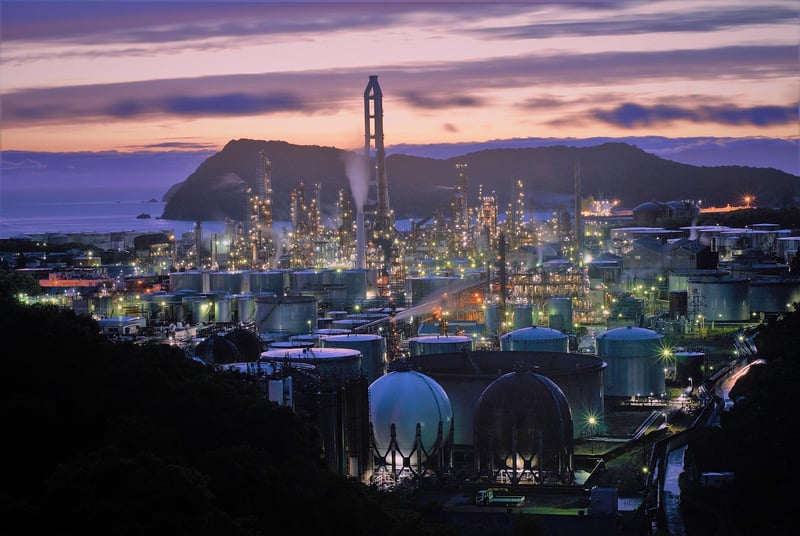Industrial Revolution
Exploring Historical Eras: The Industrial Revolution
The Industrial Revolution was a significant period in history that transformed societies from agrarian to industrial economies. It brought about technological advancements, urbanization, and social changes that continue to impact the world today.
Key Features of the Industrial Revolution:
- Rapid industrialization and the rise of factories
- Inventions like the steam engine and spinning jenny
- Urban migration and the growth of cities
- The development of transportation infrastructure
- The emergence of a working-class labor force
Impact on Society:
The Industrial Revolution led to profound changes in society:
- Shift from rural agrarian life to urban industrial centers
- Growth of the middle class and widening wealth gaps
- Improved living standards for some, but harsh working conditions for many
- Changes in family dynamics and gender roles
Notable Figures of the Industrial Revolution:
Several innovators and thinkers played crucial roles during this era:
- James Watt - Inventor of the steam engine
- Adam Smith - Economist and author of "The Wealth of Nations"
- Richard Arkwright - Pioneer of the factory system
- Charles Dickens - Author who depicted the social issues of the time
Legacy of the Industrial Revolution:
The Industrial Revolution laid the foundation for modern industrial societies and shaped the world we live in today. Its impacts on technology, economy, and social structures are still visible in the 21st century.

Exploring the Industrial Revolution provides valuable insights into the transition from traditional to industrialized societies, offering lessons for the present and future.
For more information on the Industrial Revolution, you can visit History.com.
